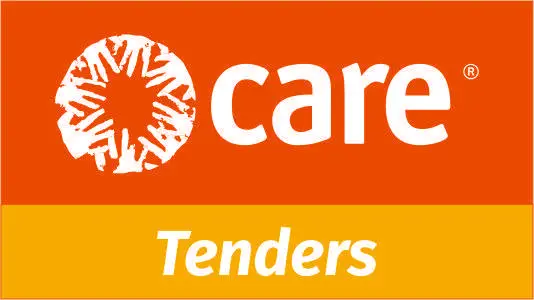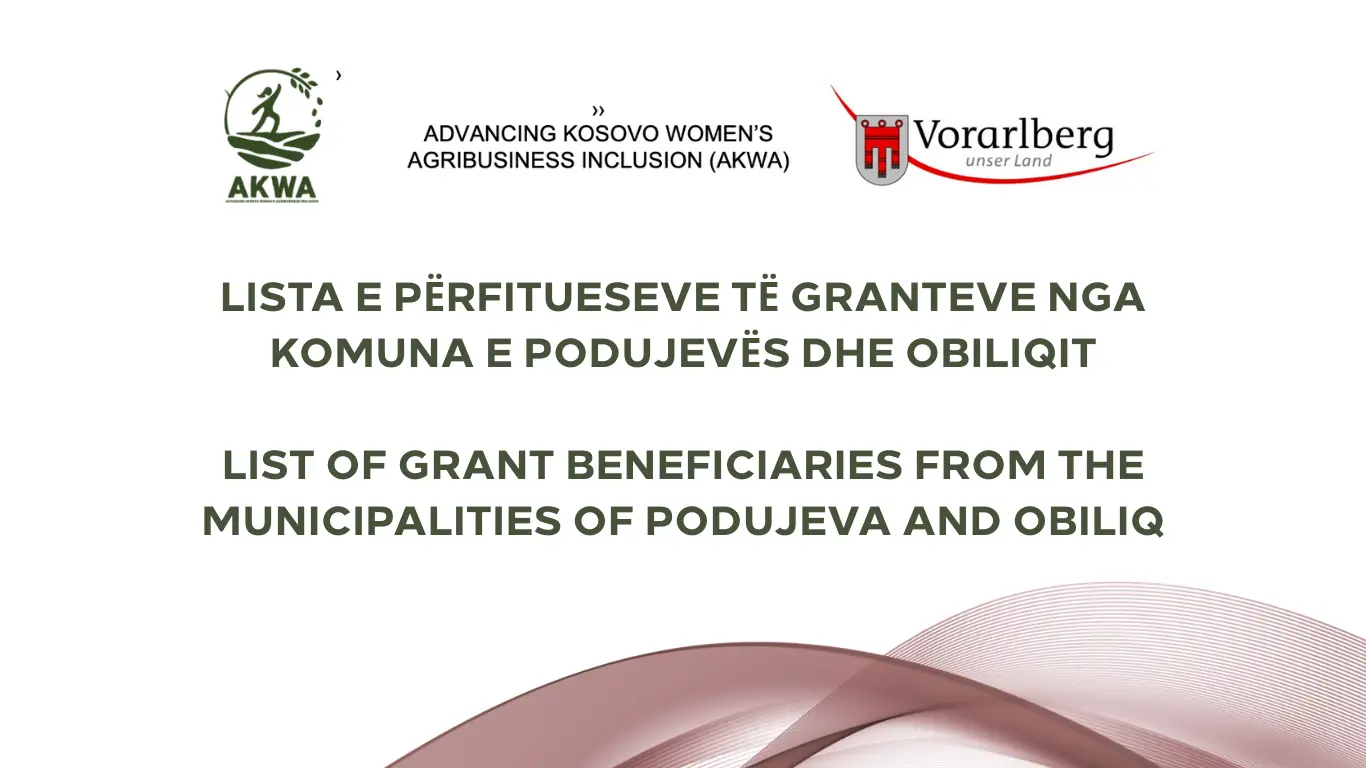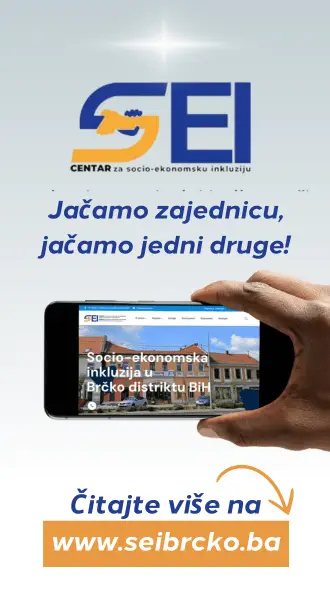CARE National Director Karl-Otto Zentel visited Bosnia and Herzegovina this week where he spoke with NGO representatives in several cities. Some of the topics with the Association “Zemlja djece u BiH” were living conditions of migrants in Tuzla. In Gračanica while visiting the Association “Tragom tradicije” he learned more about Bosnia-Herzeagovina tradition. He also had the opportunity to visit the Roma settlement in Kiseljak and to see their living standard. His journey through several cities in Bosnia and Herzegovina ends tomorrow. On that occasion, we talked about the impressions gained about Bosnia and Herzegovina and the problems that need to be worked on, as well as potential solutions, migrants and necessary life-saving assistance, as well as how the Coronavirus pandemic affected a global organization such as CARE.
This week you are in Bosnia and Herzegovina where CARE has been providing social, economic, infrastructural and humanitarian assistance for 25 years. What is your opinion on Bosnia and Herzegovina today – what are the most urgent problems that still needs to be solved?
Bosnia and Herzegovina from what I learned this week is quite complex country in the way it operates and how it functions at the different responsibilities. It is really complex structure that we are working in. Many different levels of decision making – federal, local and in between. This took me some time to understand, but I think there is still need to cover basic needs of the population.
Corona and the effect of Corona crisis has negative impact on all countries, although it has a negative impact on Bosnia and Herzegovina as well, it compounds the problems which are there and a little way forward. It is really needed to try to reach an agreement, which for all levels find a way forward.



CARE has given assistance to migrants in the region since 2015 by providing food, non-food winterization items and protection. How to ensure coverage of basic humanitarian needs in the country where all levels of government left migrants stranded and forgotten?
This is not a new situation to the country. People who are crossing do not choose Bosnia and Herzegovina as a destination, they want to reach Europe. More what affects now is that Europe is pushing people back. This is the new dimension of the situation. We have to continue to provide life-saving assistance. This is now done by international community, but this is only going to work for a while. We need to involve government to find together with them. The international community plus government durable solution for the situation. Unfortunately I am pretty sure that this is not going to disappear in a really short time.
In the media, world saw pictures from Lipa camp in Bosnia and Herzegovina where migrants are taking shower with cold water and have no food in cold winter days. What was your reaction when you first saw this in media and then when you came to this country?
There are certain narrative in the media, but at the same time throughout this week while traveling to Tuzla and meeting to civil society organisations i also saw different picture.
I saw many people being really engaged in assisting migrants, trying to help them to survive cold night and to give them food and stuffs like that. Unfortunately this is not so much in the media. Maybe it should be more.
Situation with COVID 19 changed how the world operates. What are the biggest changes and challenges that organization as CARE are facing?
CARE is now operating in 100 countries world-wide. Coronavirus pandemic was really the first time that every country where CARE operates was affected. That was new to us because we tought it is going to be a country, some countries at the same time, but all the others could continue to operate and assist each other and assist those countries in a need. We had different types of loockdowns in different countries, which meant that we could not reach our program, we had to stop projects, we had to postponing, to ask extension of the implementation of the projects where is a lot of traveling… We had really quickly to move to more digital way of working, which we manged. This is success, but at the same it will not be without this fantastic technical opportunities by Zoom and Teams and stuff that made digital conferences and make people together. All of that reduced a way of communication. In my opinion it can not replace the personal direct contact face to face and that is one of the reasons why I came here to Bosnia and Herzegovina.
How hard is to come up with all these projects and ideas of changeing people lives, especially marginalized groups, in a positive way, but also to influence on donors to fund them?
These social changes that we are trying to support they take a long time, this is not one-off intervention, the year also, it takes many years to do it. We did many successes to show but they took many years. The challenge is more about funding, which means that funding sources has changed over the time, interests of donors has changed and it became more difficult to raise funding for these projects that it has been years ago.







